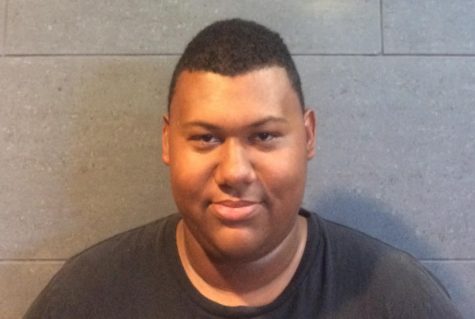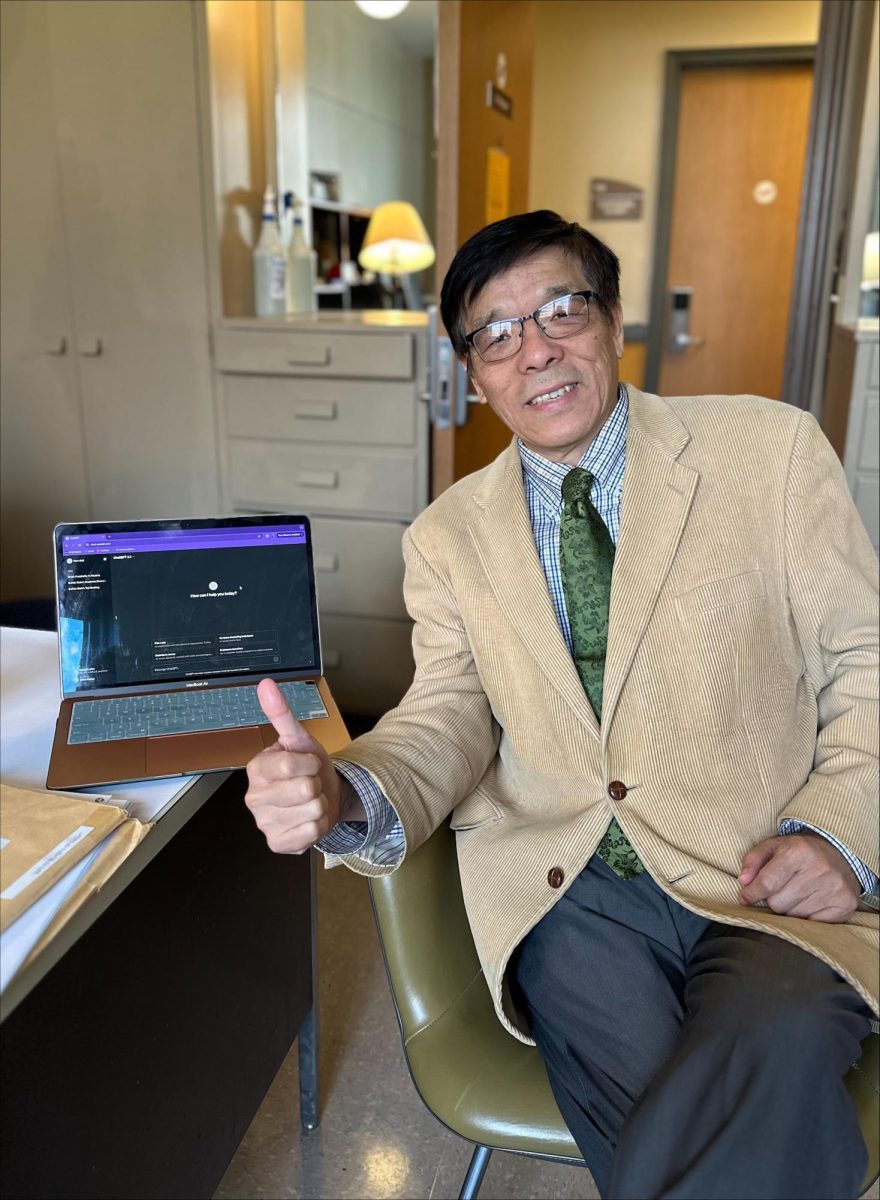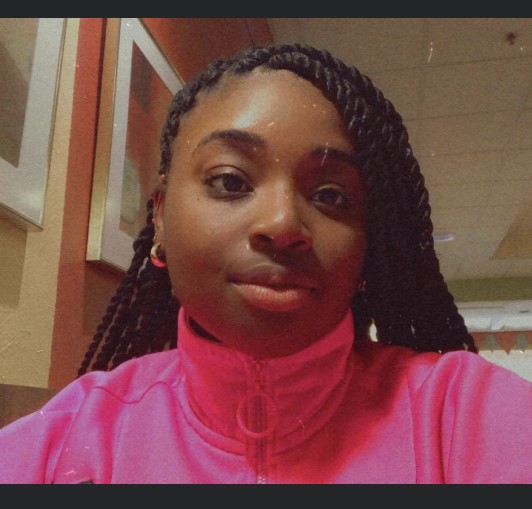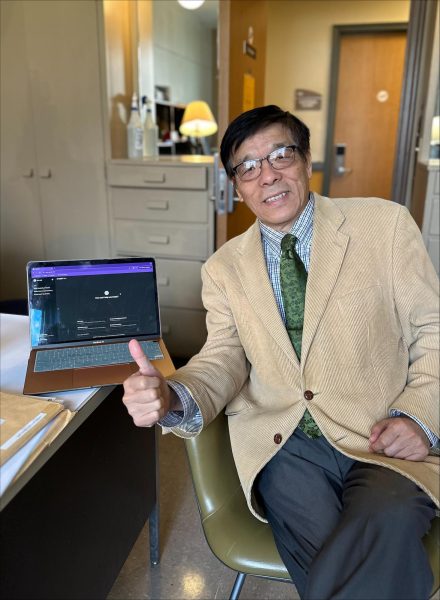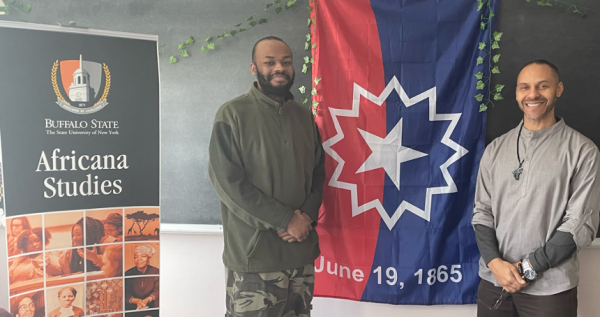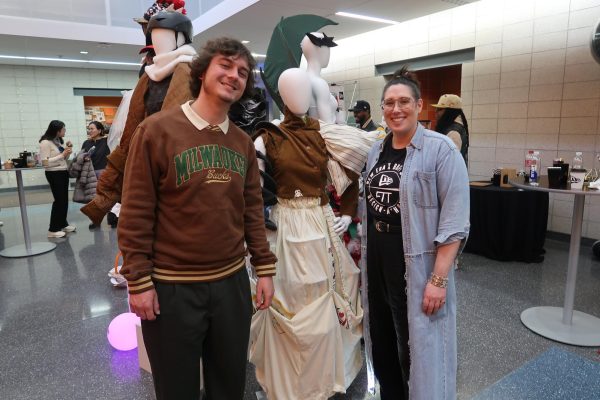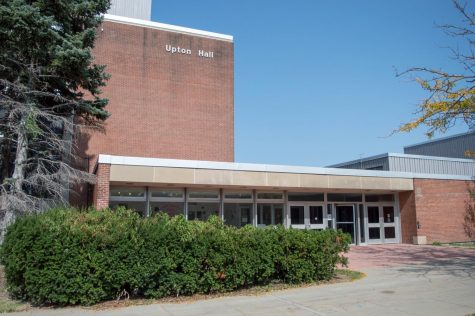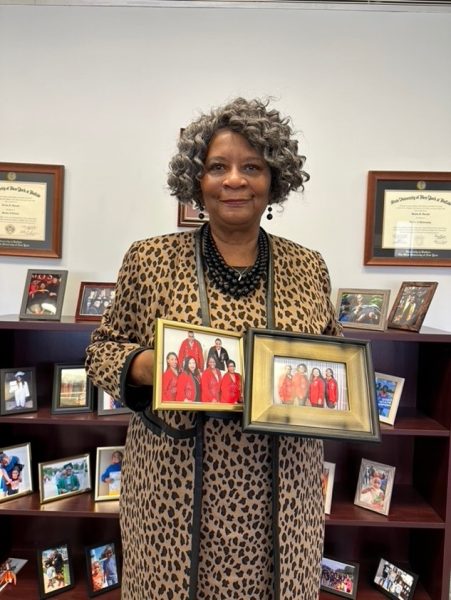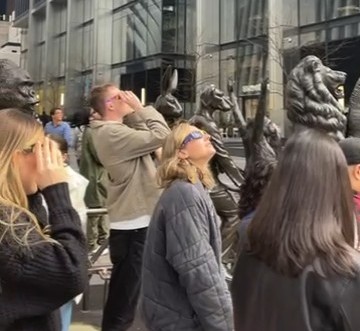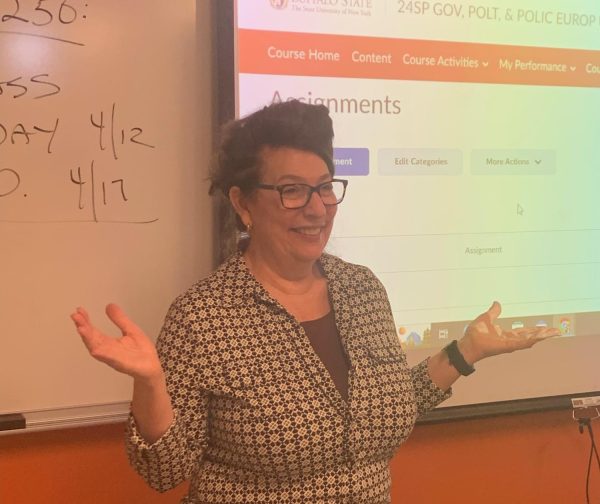What is it like to be an R.A. on campus?
October 12, 2016
College campuses such as SUNY Buffalo State employ a number of people to make sure that students are kept safe. But what happens when one of these safety precautions comes under stain; more specifically it becomes neglected. UPD is fine and so are the Red Shirts, but the Resident Advisors are going through the worst of times.
Last year, during the first few weeks of the fall semester, students were being robbed at gun and knife point, and someone was sexually assaulted. I spoke with former Resident Advisor, Ethan, who asked his last name not be published, about what was done to make the R.A.s feel safe.
He said, “In one of our R.A. monthly in-services, the director of residence life was present for a Q&A session. I asked what would be done to make sure that we are safe. All he had done was clap his hands and say, ‘Hallelujah you’re preaching to the choir’ before going off on a tangent, and never answering my question.” Ethan was an R.A. in Moore Complex for two years and was supervised by Shaun Woods who also recalls the event.
“Yeah, it was kind of an evasive maneuvering as what I saw,” Woods said. “It’s really common with certain things that you ask. It seems that when they’re not equipped to answer certain questions; they sort of dance around it in circle. Mention some key points such as safety and successful. In the end the point is that they’re working on it or that they’re on the same page as you.”
It’s never good to give indirect answers at a time where, to quote Woods, “I felt like a target.” When your employee starts felling this way a little reassurance wouldn’t hurt, but not the abstract form of reassurance that’s commonly shown in politics. No, they needed the concrete form of reassurance that provides a true sense of comfort; not just vague guesses as to what lies ahead.
Resident Advisors, or R. A.s, are some of the hardest working student’s around because of their commitment to keeping students safe. In addition to this they have to make sure that people are taken care of. For them the deadlines and due dates are only a part of the student experience.
If this is what it takes to become an R.A., I’ll pass. But so many more people get sucked into this seemingly well-rounded job. Yet, they come out the other side realizing that they may have walked into a trap! Shouldn’t there be some sort of roadblock or a sign that warns a person about the potential dangers of this job?
Doing this job in an environment like Moore Complex the job is anything but normal. Especially, working under conditions that are likened to a beach in the summer time it does cause a person to think. I can’t help but question.
What does it really take to be a Resident Advisor at Buffalo State?
Neumann, Perry, Porter and Cassety Halls have Resident Advisors. Towers 1-4, Moore Complex and STAC (Student Apartment Complex) have Apartment Assistants, which is essentially the same as an R.A. but dealing with suites instead of rooms. Both jobs are equally important to all of the residence halls.
I spoke with a former apartment assistant in Moore Complex, Shaun Woods about his experience as an R.A. When I brought up the idea of whether or not he felt safe during the first few weeks of school last year, Woods said, “No. I felt like a target. As an R.A. people see you as security guard or a cop. People see you as the neighborhood snitch. And it’s not really what it is at all. It is more of a mentor and an informal counselor. We have guidelines that we are meant to uphold in the residence halls.”
One thing that shocked me when I was speaking to Woods was that Moore Complex is deceiving on the outside. Unlike some buildings of that size the building’s sections aren’t connected. Rather they are all split up into ten different sections, (A-J), with only four apartment assistants between them.
To learn more about this I spoke with Ethan.
“In Moore Complex, we were only a team of four paraprofessionals, with one of them being a mother,” Ethan said. “Our building is unique compared to most other buildings in that we have an entirely different building structure, we house a combination of families and traditional students, while also being what seems to be the most neglected of the residence halls.”
He went on to name quite a few parts of Moore that have gone neglected.
“On Nov. 9, 2015, I called UPD under orders of my complex directors to remove a trespasser from the building if I were to see them again,” Ethan said. “I had called UPD, to have Officer McAlister tell me to have the RD call. After calling the RD that was on duty at that time, the RD called me back, informing me that UPD will not send anyone unless they were deemed a threat. What I can’t seem to understand is why exactly should one wait till a trespasser becomes a threat before taking action? Why wait for something to happen rather than taking preventative measures.”
Ethan has plenty of stories.
“On Jan. 31, 2016; I was asked for my phone in a stairwell when going on rounds by a trespasser that is not only older, but also dwarfed me in height.”
“On Feb. 15, 2016; I discovered a smoke detector going off in a stairwell that we normally do not have access to. It apparently was not linked to the main alarm system that would indicate the presence of a fire, I had called University Police with regards to this, and they had told me that not only were they aware of it, but maintenance was aware as well, and that residents had be calling complaining about it as well. The officer on the line at the time told me that the reason why nothing was done about that alarm was because it was of ‘low precedence.’ ”
“On the night of April 4th, 2016; I was returning from a round, only to find UPD come to the lounge, and there were about 11 individuals attempting to get into J section in Moore Complex. According to the officer, there was an altercation between students in the Student Union over the weekend, which has erupted between two groups. An aggressive group that wants to do harm, and another group that wanted to defend their friend. After the group dissipated, I was then assigned to sit next to the door to the section to monitor who goes in and out. Again, in Moore Complex, there is only one AA on duty at a time.”
I asked Ethan if he feels that Residence Life cares about the job of the Resident Advisors/Apartment Assistants. He said “The whole thing about being a student first as they say, it’s a lie. A complex director can work with you to the fullest, but they cannot outright throw orders made by the upper administration. Moore Complex, we had a staff of 4 apartment assistants, making us the most understaffed building on campus. What administration doesn’t seem to understand is that the less Apartment Assistants available, the more work we had to put in.
“Our rotation is weekly as opposed too biweekly like the Porter Hall staff with its 20 FYM’s. Health and Safety checks which are done in pairs, trading shifts, all the normal responsibilities made arduous. When on duty, we had to sit desk from 7 p.m. to midnight, then respond to the duty phone till 8:30 a.m. the next day, weekends, shifts are 24 hours.”
Ethan got his start in Porter Hall and made his way to Moore Complex.
“I started as a First Year Mentor (F.Y.M.) in Porter Hall, where we had an inconsistent supervisor. Normally most buildings have a Complex Director and Resident Director. Near the beginning of the school year, our Complex Director had attained a new job elsewhere and left, leaving things to the newly hired Resident Director to hold the place down.”
“Moore had more of a general safety concern that our Complex Director had attempted to address to the higher ups repeatedly. Our doors barely closed, it’s a security issue that had been addressed. There was a time when I was performing a round, this is around the time where all the armed robberies and such were happening.”
When asked if being an A.A. in Moore Complex is more difficult than any other building, he said, “It definitely is. We make our duty schedule before the semester starts, before we get our syllabi, so we were pretty much taking a shot in the dark as far as deciding what days we had to go on duty.”
Along with Ethan, I spoke with Miguel A. Pereira III, who was a resident advisor in Tower 4 for two years. He started in the fall of 2014 and had a graduate major in creativity. His undergraduate major was social studies education.
He told me about the way UPD handles calls from R.As. He said, “It becomes difficult because she tries to make sure that when you call; U.P.D. has to be there. If anyone else but UPD can handle it then that’s the way it is. Prior complaints about this dispatcher.”
Being a resident advisor is never easy but for some it can work out quite well. He also talked about the balance that a person’s major and being an R.A. can do. For Pereira, it was somewhat of a life saver.
“Sure, your major takes up a lot of your time. Due to the fact that it gives you a lot more opportunities that others cannot do. Use it while you’re an R.A., I use it while I teach, coach and in personal life when making decisions.”
He also said, “It’s all about time management. I know what needs to be done and you have to be aware of the job’s responsibilities. You should also know how to maximize your fullest potential, and that of your peers.”
When asked about why he became an R.A., Pereira said, “If you do it for the right reasons it is. If you do it for the free room and board then it’s not, but if you genuinely care for student welfare then it’s the right reason.”
I spoke with Woods, a former Resident Advisor in Perry Hall and a former Apartment Assistant in Moore Complex. He worked with Ethan last year in Moore Complex and described what it’s like to be an A.A. in Moore.
“It was a very hands off experience. You don’t see your residents a lot, you don’t talk to them a lot. Aside from when they need a package or roommate conflict, parties, and such. STAC and Moore are kind of the same feel.”
When it comes to this campus, the resident advisors are seriously being neglected and it’s even worse for those that work in Moore Complex. From reassuring them about their own safety to simple concerns about the building it begs the question; what’s going to be done about this. Hopefully, unlike other answers; this answer isn’t going to be indirect.
email: [email protected]


